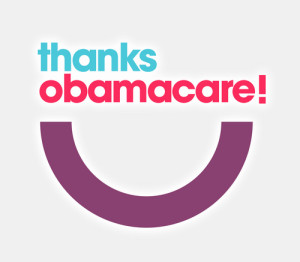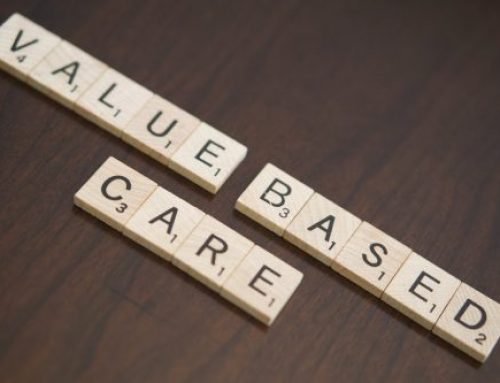
BHM Healthcare Solutions 1-888-831-1171 call today for a free consultation or email results@bhmpc.com to find out more.
Obamacare | The Cost of Care
Americans were a little wary of the healthcare marketplace when it debuted this past year, but now, some are beginning to see the benefits – of the benefits.
New data released this week from the Department of Health and Human Services reports that new Obamacare customers are paying, on average, about $82 in monthly premiums for their coverage. For many, that’s less than many of their utility bills, such as internet, cable and smartphones.
Obamacare | Got You Covered?
Thanks to Obamacare, the rate of uninsured Americans is now the lowest it’s been since 2008. The Kaiser Foundation reported that of those previously uninsured Americans, Obamacare has managed to cover 57% of them through the healthcare marketplace. That figure does, of course, factor in people who switched to Obamacare voluntarily because their previous insurance experienced a hike in premiums after the Affordable Care Act was put in place.
When it comes to the $82 average, the reduced cost to customers comes from the government’s bigger share of the tab with the ACA – the federal government’s estimate is that, by the end of the year, the government will pay $20 billion in insurance subsidies. This makes it likely that people will continue to be able to afford their Obamacare if they were otherwise uninsured and keeping those premiums low may entice people with different coverage to switch – particularly young people.
Obamacare | Millennials
It’s no secret that Obamacare has been trying to appeal to the young, healthy, college-aged “invincibles” – healthy, young folks will lower premiums which are being forever driven upward by the Baby Boomer population who have many costly comorbidities. By seeking to “balance out” the Baby Boomer effect with millennials, Obamacare needs to appeal to a tough crowd. The “millennial” demographic is more than happy to shell out $100 a month for a smartphone, but since many are healthy, and don’t require much healthcare outside of routine yearly visits, spending that amount for something they may never use seems counterintuitive.
The provision of the ACA that allows millennials to stay on their parent’s insurance plans until they’re 26 years old also, in a sense, undermines driving the young and healthy to Obamacare. While it does allow many young people to save money, complete a college education and start their first “real jobs” without having to worry about healthcare coverage, if the option wasn’t there, perhaps more millennials would take on Obamacare’s offerings.
That being said, it’s not just millennials that would balk at spending money on something they may or may not use: the idea of paying money for something “just in case” doesn’t really gel with the American cultural standard of “wanting it now.” If Obamacare is to succeed, the culture needs to shift from immediate gratification to investment in one’s long term health. And even though the Baby Boomer generation is the demographic spending most of our healthcare dollars, it’s the millennial generation that will carry the burden – and lead the cultural shift to sustainable healthcare.
BHM is a healthcare management consulting firm whose specialty is optimizing profitability while improving care in a variety of health care settings. BHM has worked both nationally and internationally with managed care organizations, providers, hospitals, and insurers. In addition to this BHM offers a wide breadth of services including healthcare transformation assistance, strategic planning and organizational analysis, accreditation consulting, healthcare financial analysis, physician advisor/peer review, and organizational development.







Ibrahim Eslayeh liked this on Facebook.